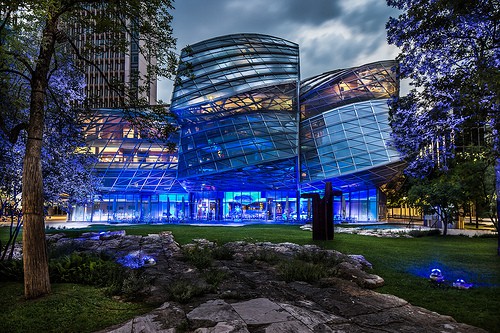
Novartis’ investment in biosimilars is starting to pay dividends, with its portfolio of four drugs expected to cross the $1bn sales threshold in 2016.
One of the drivers for that growth is the company’s Glatopa, a copycat version of Teva’s blockbuster multiple sclerosis drug Copaxone, which according to Novartis’ chief executive Joe Jimenez has captured market share of 40% for the 20mg dose since its launch in June 2015 and made $140m this year so far.
Recent launch Zarxio (filgrastim-sndz) is also doing well, with sales topping $100m since its launch in the US just over a year ago, he added, and the portfolio overall rocketed more than 40% to $262m in the quarter.
Generics subsidiary Sandoz has also claimed the first US approval for its biosimilar version of Amgen’s anti-TNF drug Enbrel (etanercept) – which will be sold as Erelzi – although a launch will depend on the outcome of patent litigation. The biosimilar is also under review in Europe.
Meanwhile, Novartis confirmed that it will have to carry out a new clinical trial on its biosimilar version of Amgen’s Neulasta (pegfilgrastim), which was turned down by the FDA earlier this year.
The biosimilar franchise helped Novartis shrug off a second quarter of generic competition for its cancer drug Gleevec in the US, a lacklustre performance from its Alcon eyecare division and less than stellar results for Sandoz’ traditional generics business. Overall, net sales dipped 1% to $12.13bn in the quarter.
Among Novartis’ growth products, sales of anti-IL-17 drug Cosentyx (secukinumab) reached $301m in the third quarter, with the drug on course to reach blockbuster status this year, said Jimenez.
The increase was thanks to new data showing its superiority to Janssen’s Stelara (ustekinumab) in psoriasis and long-term efficacy, he said, but analysts at Bernstein suggested the sales came in a little lighter than expected. That also applied to heart failure drug Entresto which continued to grow slowly, hitting $53m in the quarter.
Novartis maintained its prediction that Entresto sales for the full year would come in at around $200m, and it has been bulking up its US salesforce to try to kick-start growth. The company is also spending $200m on promotion and recently unveiled a large-scale clinical trials programme to build further evidence of the drug’s efficacy.
Another growth engine – oral MS drug Gilenya (fingolimod) – showed some signs of weakness in the quarter with scrips a little bit down although sales rose 15% to $790m.




